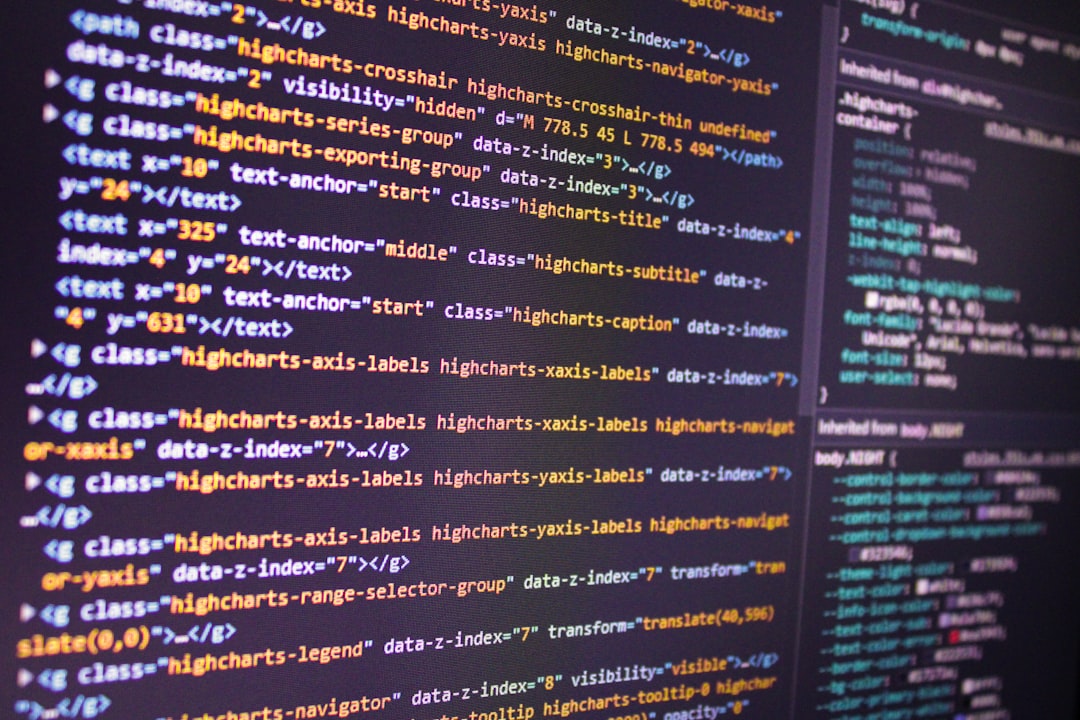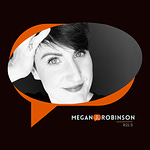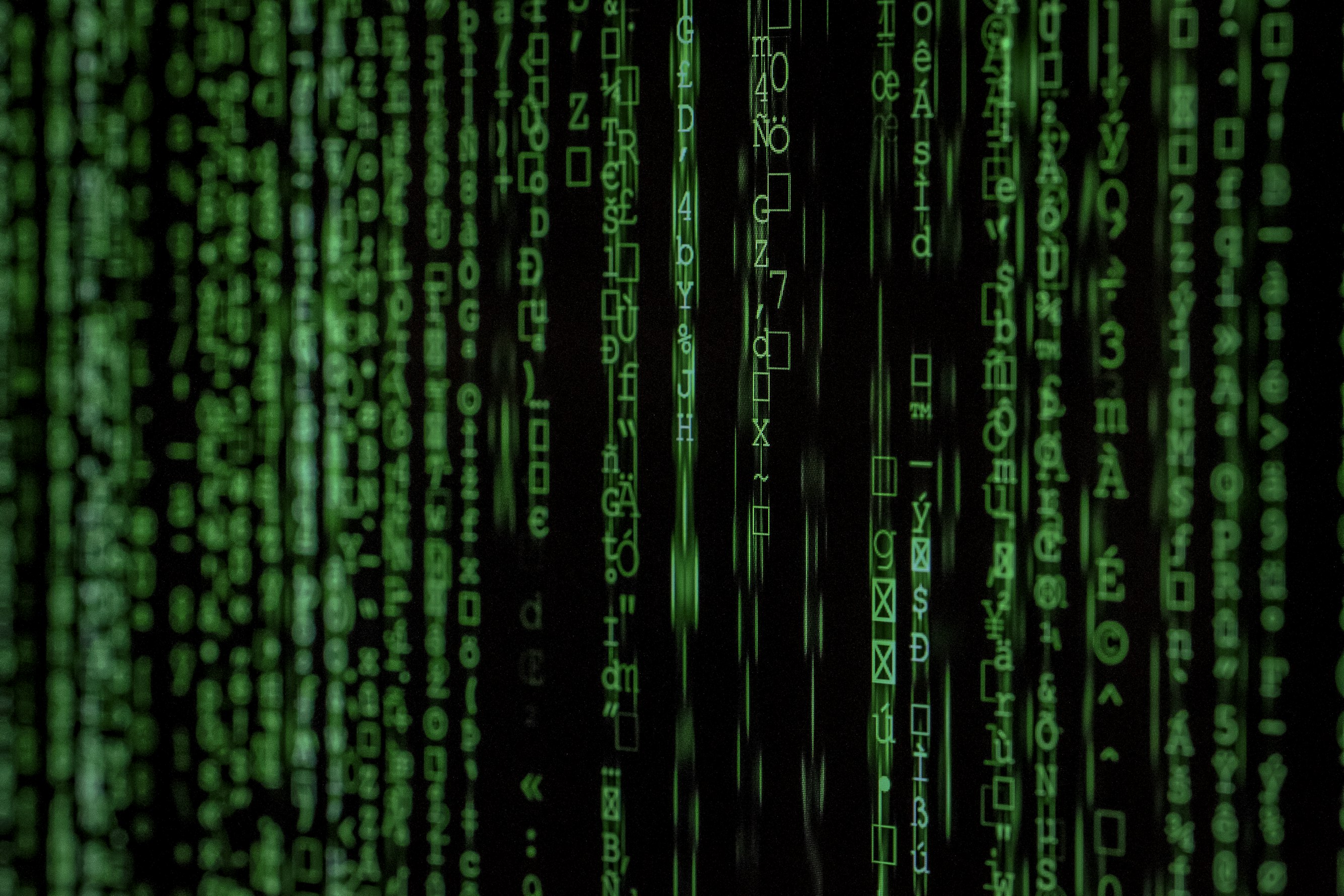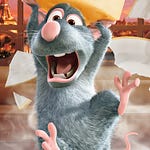ASSUMED AUDIENCE: existing Creative\Proofing readers
In this issue:
A (Re)Introduction to Creative\Proofing
A Standpoint Note
The Question of Formation
A Housekeeping Note
Currently Engaging
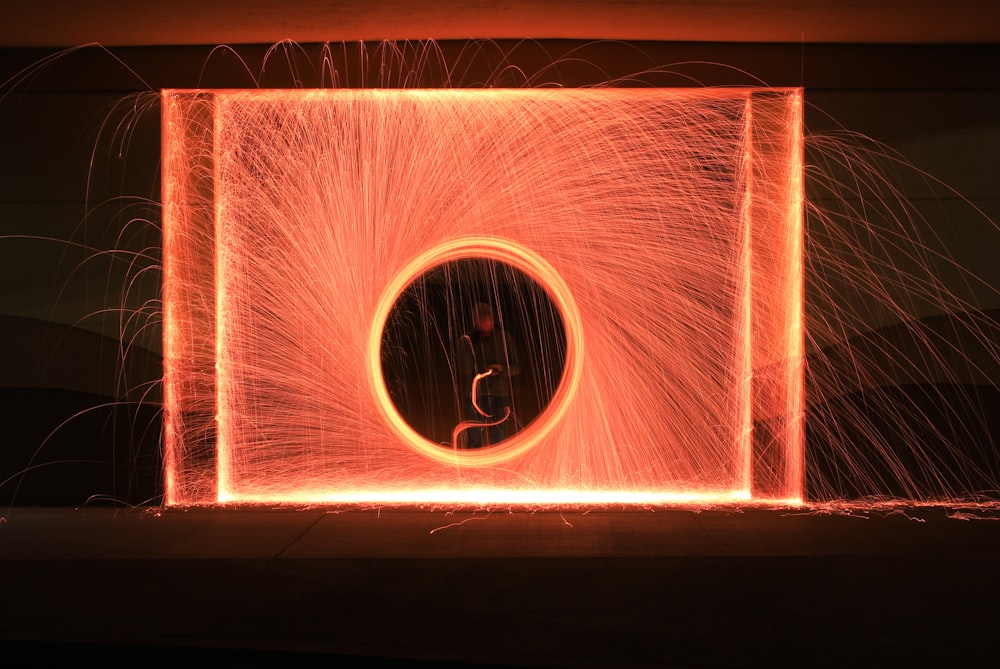
Greetings, denizens of 2023!
Welcome back to Creative\Proofing, a space for hopeful, creative people learning to live wisely by asking questions about the good life: what it is, how to design one, and how to live it well. I took an unexpectedly long hiatus in the second half of 2022, which turned out to be a good thing for this ol’ brain of mine. I needed some time and space to hone in on my areas of focus and commitment for the year ahead.
If you’ve followed the archives of this newsletter, the past two years of Creative\Proofing meandered around. I explored creativity and chaos, self-improvement and productivity, the Enneagram and literature, all while speaking in general, amorphous ways to someone, anyone. Possibly no one. There might have sparked some interesting ideas, something that resonated elsewhere. But without a point, without a through-line, why bother?
As I’ve worked through these existential questions over the past few months, I reviewed those previous issues in light of what currently captures my attention and energy. I wanted to see what common threads might become more visible and helpful, what connections might endure to this moment, what spotlights I might turn on. And what has all this cogitation, rumination, and prognostication revealed?
The core preoccupation of all my interests across my life and research is, in a word, FORMATION.
What does it mean to become a fully-formed human person?
How do we become that person?
Why do we want to become one specific kind of person, and not another kind?
I have asked myself some version of these questions for most of my life, gathering threads from writing, religion, productivity, and education. And now I’d like to explore what answers I’ve encountered or started developing.
A Standpoint Note
I work within an ecumenical and broadly Protestant Christian space. Many of my experiences and references draw from that space, and when I refer to key beliefs, such as the divine, I present them through a generally Christian framework. As well, my understanding of human meaning, purpose, and formation arise from this perspective.
That said, I know we all have different ways of understanding the universe and the divine. So, if you wish to insert [Other] when I use such phrases, please feel free to do so, because, I think most spiritual, religious, and philosophical systems have something insightful to say about our mutual projects of formation. As ever, feel free to adapt or move on from whatever doesn’t resonate with you.
The Question of Formation
Cindy S. Lee writes beautifully on the topic of human formation, referring to it as the “transformation that happens in us as we encounter God again and again and again. [It is] the inner transformation we need to be better human beings.” As such, formation “includes all the practical ways we try to clear the clutter in our souls in order to meet with God and hear from God.”1 And, I would say, to meet with the world and learn from it.
Every interaction we have with the world is an occasion of formation. We meet the world and act toward it - it meets us and acts back, whether through other humans or ideas or desires or objects that represent for us something meaningful. Each interaction reveals an insight, discloses a revelation, manifests an opportunity.
We can react mindlessly to these interactions, like a cell toward a stimulus, as if the interaction held no more meaning or purpose than to prove our nervous system still works. Or we can respond thoughtfully, carefully, seeing the interaction as an occasion to learn, to add it to our previous experiences and see if it moves us toward our becoming, or away from it.
We engage the journey of formation through learning. Or, put another way, the purpose of learning is formation, the process of transformation and becoming more fully human, more fully ourselves. Such interactions and processes ask us to engage how learning happens, how transformation unfolds.
Learning arises from encountering newness, adding to our pastness, and reflecting on our futureness: what we can now know and do differently or better because of that interaction of past, present, and future.
Of course, all of this supposes that we have a defined or clear or desired destination.
It supposes that we want to become the best possible kind of human: an Aragorn rather than a Gollum or Sauron. (At least, I think that’s what most of us want.) Such a project or process asks of us to be constantly aware of the inherent temptation within every meeting and interaction to become like Gollum or Sauron, simply by letting the clutter build up in our souls and, over time, obscure and obstruct the movement of our formation. Such a project asks of us why Aragorn, why not Gollum?
Inherent within the idea of formation is the boundary of form. To speak of forming a thing is to speak of aligning with a pattern, delineating a shape, following a model. And so, to engage the process of formation is also to ask:
what is the ideal form of a life, a self that makes sense to me? what makes sense of the universe and my living within it?
A great many of the familiar institutions, norms, traditions, and processes of contemporary American culture are undergoing tectonic shifts, affecting multiple generations, jobs, policies, families, and daily life itself. It’s all the damn things, mm-kay? We all meet the world each day and wonder whether or not we can do anything to make it different, if anything we do matters, if our being alive on this planet right now is significant.
And to be honest, I don’t know. That’s not a question any of us can answer with the time that’s given to us. But I believe that helping each other with our mutual formation on this journey of becoming, this process of learning, is a worthy endeavor for its own sake. And the significance of our lives may yet be revealed in that journey.
Again, Cindy S. Lee offers the vocabulary of unforming and re-forming. Unforming is the “process of clearing out the clutter and the cobwebs that build up in us over time and prevent us from experiencing the sacred,”2 while re-forming is the “movement of dreaming and imagining how our souls could be formed differently. Especially if we are paying attention to other experiences” of God, of the world. Re-forming encourages us to adopt a “practice of asking ‘What if?’”3
I love that: the movement of dreaming and imagining how our souls — our lives — could be formed differently.
I hope you’ll join me as I explore these questions of formation - the what, how, and why of our unforming and re-forming - from a posture of “What if…?” and “What about…?” These are my favorite questions.
Let’s become more hopeful, creative, and wise — together.
Shalom,
Megan.
A Housekeeping Note
Creative\Proofing has always been a conversation with ideas and partners. I want to lean in to this conversation by focusing even more on these questions of formation, exploring possible answers from different angles, perspectives, and disciplines.
Sometimes this will lead us through the landscape of formal contemporary education; sometimes through spirituality, religion, and theology; sometimes through interrogating our habitus, questioning how things came to be as they currently are and why that matters. It will lead us through all of human life, really.
In any conversation, there exists specific partners, definite “others” with their own point of view, experiences, goals, and desires. Each new issue will make that imagined partner more clear, more visible by being addressed to an “assumed audience” for whom the topic may hold a particular interest or use. (You are always welcome to eavesdrop on any conversation, though!)
Creative\Proofing will continue on a twice-monthly schedule. The first issue of the month will include links to the articles, podcasts, videos, and books I’m currently engaging as I explore answers to these questions of formation. The second issue of the month will be my actual exploration of those ideas.
I always have a love-hate relationship with in-text hyperlinks: I love following the author’s rabbit trails, but I hate trying to carry two (or more) developing arguments in my head simultaneously when I actually click the hyperlink. By separating these two functions - a curated list followed by a slower, deeper engagement - I hope to give everyone time to reflect and consider new ideas more carefully.
Allons-y!
Currently Engaging
What is Education For? by Danielle Allen
The Cult of Smart by Fredrick deBoer
Education Doesn’t Work 2.0 by Fredrick deBoer
The Master’s Trap, Part 1 | Part 2 | Part 3 by Anne Helen Peterson
Education is Over by William Rankin
Curious about sparking opportunities for formation?
I offer learning design services to help experts make sense of what they know and do so that they become teachers who guide others toward meaningful action.
Learn more at https://r215coaching.com/services.
Cindy S. Lee, Our Unforming: De-Westernizing Spiritual Formation, p. 4.
ibid., p. 7.
ibid., p. 8.










